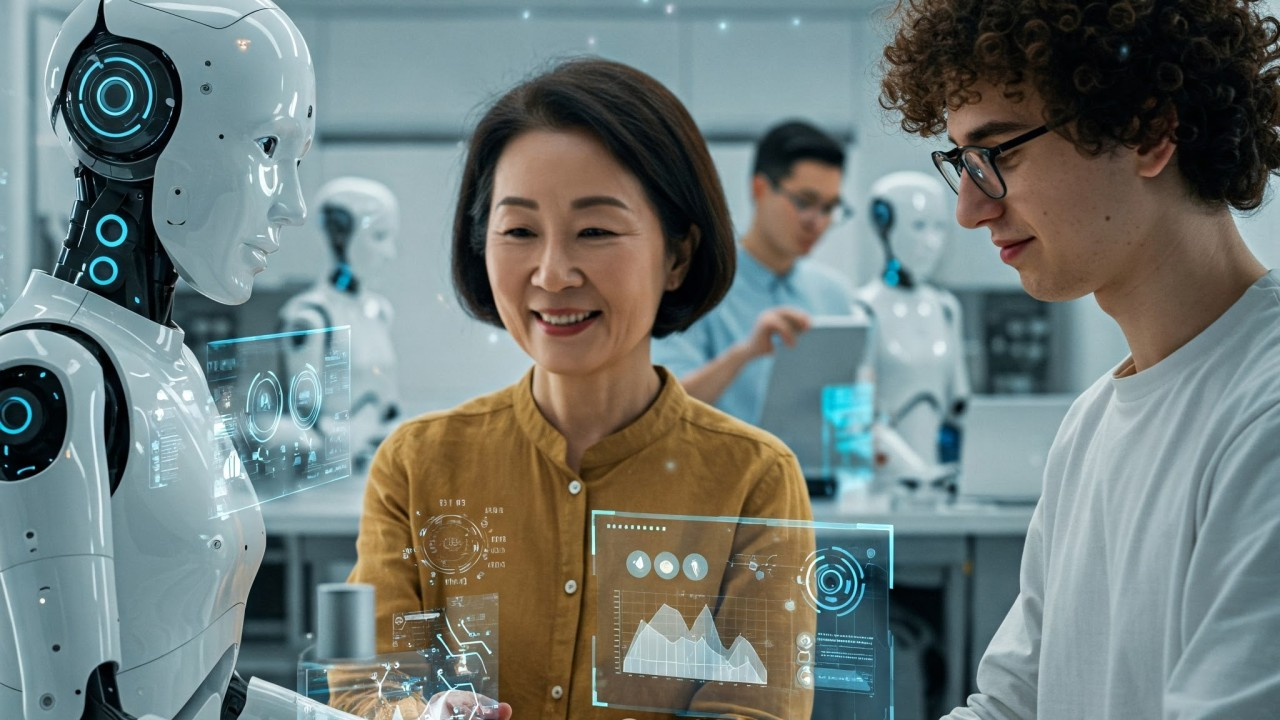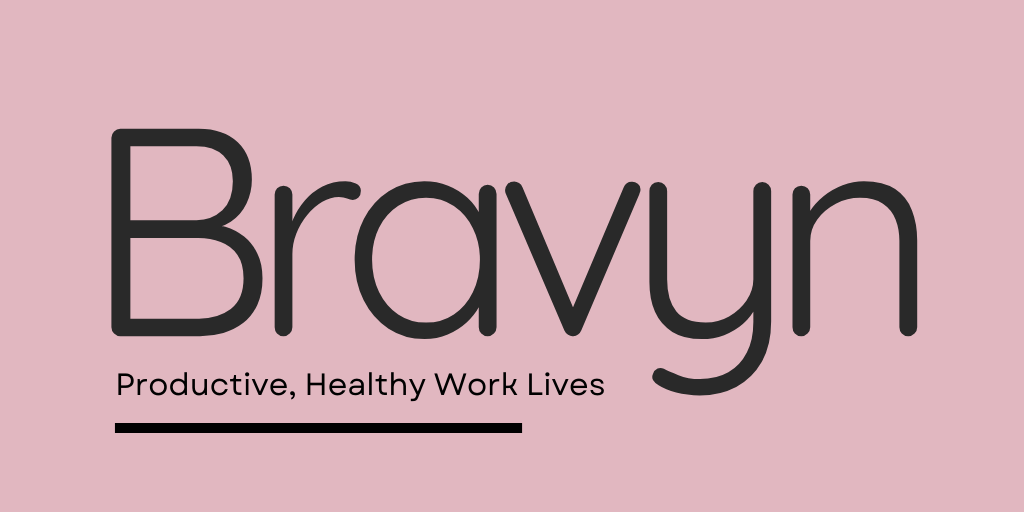Why Human Skills Matter More in an AI-Powered World

It might seem counterintuitive, but the more technology advances, the more valuable human skills become.
Technology Handles the Routine, Humans Handle the Complex
As AI and automation increasingly manage routine, predictable tasks, the work that remains distinctly human involves nuance, ambiguity, and complexity. This means the ability to navigate messy human emotions, make ethical judgments, and think creatively becomes proportionally more important.
Change Is the Only Constant
Today's workplace is characterised by unprecedented volatility and constant evolution. New technologies, shifting markets, and global uncertainties require people who can adapt quickly, think on their feet, and remain effective amid ambiguity. Human skills provide the foundation for this resilience.
Connection Remains Essential
Despite all our digital tools, humans remain social creatures who crave authentic connection. The ability to build trust, collaborate effectively, and create psychological safety becomes crucial for both workplace success and personal wellbeing.
Innovation Happens at Intersections
While AI excels at optimising within established patterns, breakthrough innovation typically occurs at the intersection of diverse perspectives and disciplines. Human creativity, curiosity, and the ability to connect seemingly unrelated ideas drive these innovations.
Ethics Becomes More Critical, Not Less
As technology makes more decisions that impact human lives, ethical judgment becomes increasingly vital. Questions about fairness, bias, privacy, and human dignity require nuanced human consideration beyond what algorithms can provide.
👉 The value of human skills isn't just philosophical, it translates to measurable impacts.
The Tangible Impact of Human Skills
- •Financial Performance: Organisations that prioritise human skills development see significantly higher productivity, innovation, and financial performance. One study found companies ranking high in emotional intelligence factors outperformed peers by 20% annually.
- •Career Advancement: Individuals with strong human skills earn more, advance faster, and enjoy greater career security even amid technological disruption.
- •Adaptability to Change: Teams with strong human skills navigate transitions 35% more effectively than those focused solely on technical capabilities.
- •Wellbeing and Satisfaction: People who develop human skills report greater life satisfaction, better relationships, and more resilience during challenging times.
How to Develop Your Human Skills
Unlike technical skills with clear learning paths, human skills development often seems fuzzy and undefined. Yet there are concrete approaches to strengthening these capabilities:
- Embrace Self-Awareness as the Foundation - All human skills development begins with understanding yourself. Regular reflection, feedback from trusted sources, and assessment tools can help you recognise your patterns, triggers, and growth areas.
- Seek Diverse Perspectives - Actively expose yourself to viewpoints that differ from your own. Read widely, engage with people from different backgrounds, and practice the art of holding multiple perspectives simultaneously.
- Create Practice Opportunities - Volunteer for projects that stretch your human skills. Lead a cross-functional team, facilitate difficult conversations, or tackle ambiguous problems that require creative approaches.
- Find Effective Coaches and Mentors - The right coach or mentor can provide targeted feedback, accountability, and guidance for developing specific human skills. Look for people who demonstrate the capabilities you want to strengthen.
- Embrace a Growth Mindset - Approach human skills with the understanding that these capabilities can be developed through dedicated practice, not fixed traits you either have or don't have.
The Competitive Advantage of Human Skills Investment
Organisations that systematically invest in human skills development create powerful competitive advantages:
They attract top talent seeking environments that nurture their full potential, not just their technical expertise.
They adapt faster to market changes because their people navigate uncertainty with confidence and creativity.
They foster breakthrough innovation through psychological safety and diverse perspective integration.
They build deeper customer relationships through genuine empathy and understanding.
They make wiser strategic decisions by considering broader impacts and long-term consequences.
The Future Belongs to the Fully Human
As we look toward a future increasingly shaped by artificial intelligence and automation, the most successful individuals and organisations won't be those who compete with technology at its own game. They'll be those who develop the distinctly human capacities that complement and direct technological advancement.
In this future, the question won't be whether AI will replace humans. It will be whether humans have developed the human skills necessary to create value that AI cannot. Those who invest in these capabilities now position themselves not just for success, but for meaning, connection, and impact in a rapidly changing world.
The technology revolution isn't making human skills obsolete, it's making them more valuable than ever before.
👉 At Bravyn, we help organisations and leaders develop the human skills that drive success in an increasingly AI world.
